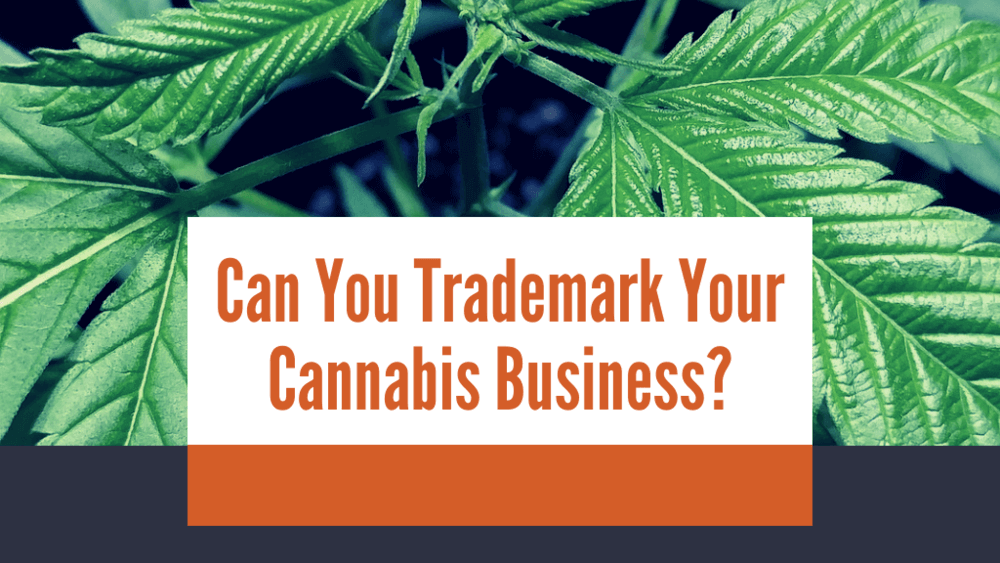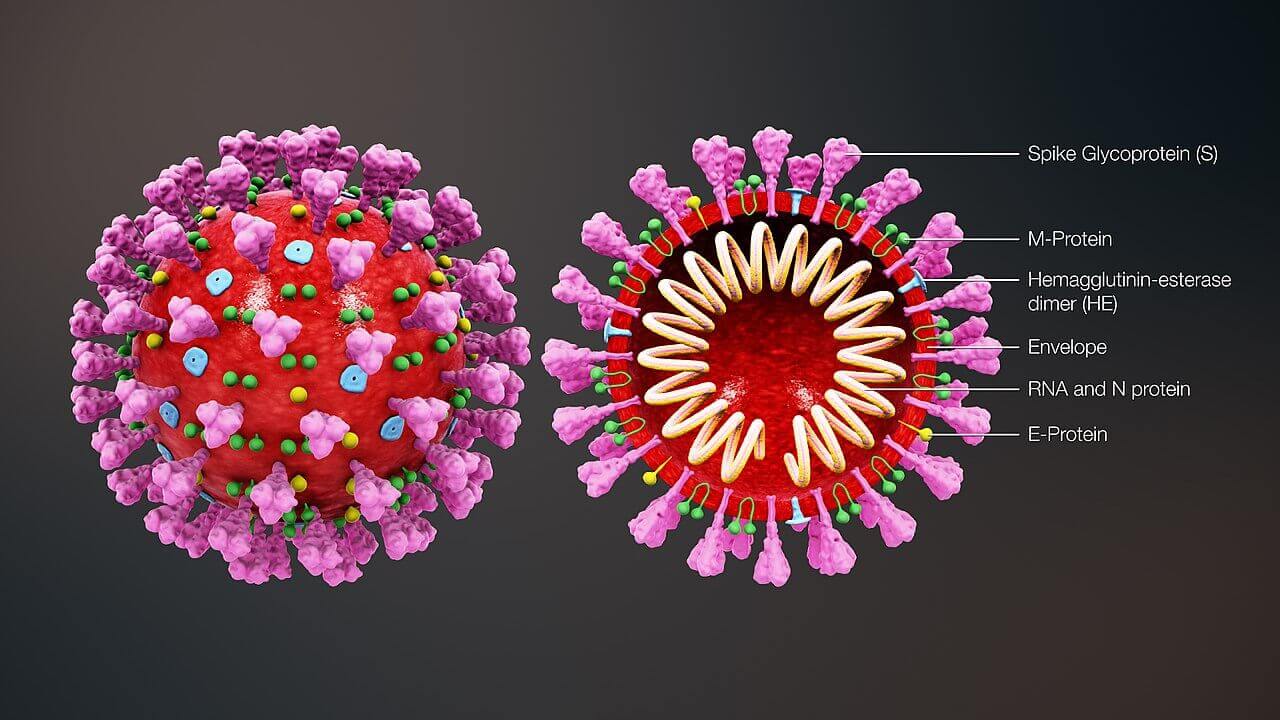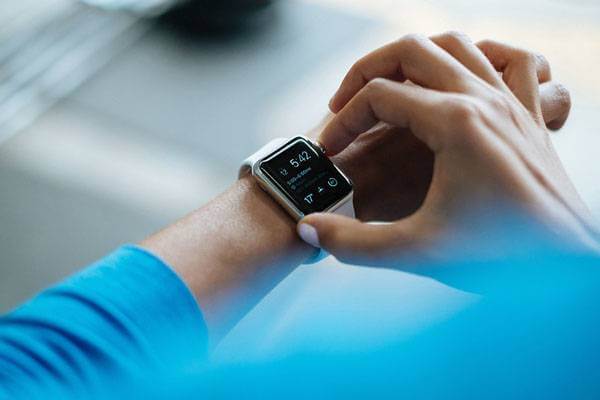- Home
- /
- Read our Blog
- /
- Innovating During a Crisis: Patentable Inventions
Innovating During a Crisis: Patentable Inventions
A crisis – particularly a prolonged on – is not an easy time for creators anywhere. The harsh pressures of the community concerns can make or break the success of any invention. In the current COVID-19 crisis, creators all over the world are struggling to make their voices heard and their creations see light. MDE explores the process of innovation and patenting during a crisis.
In some cases of creation, the struggle is in the ground reality of governmental lockdowns and businesses being shut down. With no suppliers, no transportation, and limited public interaction, it is difficult for events like product launches, demonstrations, and testing to take place. It has brought research and development departments (both independent and companies) to a complete standstill.
On the other hand, some creations are facing the question of ethics. As we all well know, one of the industries which is constantly knee deep in the phase of invention happens to be the pharmaceutical industry. At a time of global pandemic, it is biochemists and pathologists who are conducting research, tests, and creating testing kits. The goal is to not only find a medicine and practical cure, but also a vaccine.
In an opinion piece for Bloomberg, Scott Duke Kominers states that patenting should take a backseat during a crisis. It was written in light of the patent claim made by an Italian company after a group of physicians managed to create CPAP hoods with a 3D printer to fix the shortfall of oxygen valves right now. The case brought out a series of debates on whether medical equipment and inventions should be patented by privately held corporations, particularly those crucial to an ongoing pandemic.
A similar issue was brought up with American pharmaceutical companies fighting Chinese companies over a potential COVID-19 vaccine, which is being developed and researched in Wuhan simultaneously. The worry is that privatization of the vaccine could prevent it from spreading to the global south.
Kominers argues that patents for vital medical inventions should be bought by governments so that multiple companies can create the product and make them easy access to all members of the society, including low-income groups. This is a debate that has come out before in the Big Pharma situation. For years, patients of diabetes have pushed for insulin patents to be made public to avoid paying hundreds of dollars for a life-support medicine that costs only a few dollars to produce.
On the other hand, inventors and researchers want to see their hard work and years of dedication (not to mention, hundreds of thousands of dollars spent) be given some kind of remuneration. Remuneration to make up for the cost of creation is near impossible without higher buying prices, unless the research is also directly funded by the government buying the patent.
In a 2013 paper by Michael Gishboliner, it was made apparent that patentable inventions are vital to keeping businesses running during the time of crisis. However, the conditions of the crisis are not conducive to inventions. Another paper by Gishboliner, along with Daniel Benoliel, found that the impact of economic fluctuations on innovation is much weaker in developing economies compared to advanced one. As a result, the negative effects of an economic crash on innovation would be higher in advanced economies.
The visible effects cannot be ignored. While Europe and China, two epicenters of COVID-19, seem to have faced minor setbacks in patentable inventions and innovations, the same is not true for the United States – the third epicenter of COVID-19. This goes to show that economic crashes have a dampening effect on innovation and patenting, with the depth of effect depending on governmental action and regulation.
In the end, as Uhthoff, Gómez Vega & Uhthoff SC state here, every crisis is also an opportunity. They suggest that conditions such as Article 31 of the TRIPS Agreement be relaxed in case of global emergencies, and countries need to acknowledge interests beyond the acquisition and enforcement of IP. Whether that is in the context of medicine, or for businesses to help each other out in this difficult time, one thing is certain: cooperation and humane agreement is the way forward.
1. Dropbox
About The Author

Protect your invention in the USA by obtaining a patent and trademark now from an attorney. Affordable prices and highest success rate from MDE Patents.
Share With Your Friends

Top 10 Things To Know Before Trademarking Cannabis/Hemp Products
Hemp and Marijuana products, till some time ago, fell under the illegal category and were lawfully not in the space of trademark, patent or intellectual

Pandemic: How to Patent PPE Kits in the midst of the COVID-19 Crisis
We are amidst an unprecedented health crisis that has impacted the entire world. The massive numbers infected with COVID-19 saw a sudden rise in demand

Innovating During a Crisis: Patentable Inventions
A crisis – particularly a prolonged on – is not an easy time for creators anywhere. The harsh pressures of the community concerns can make


